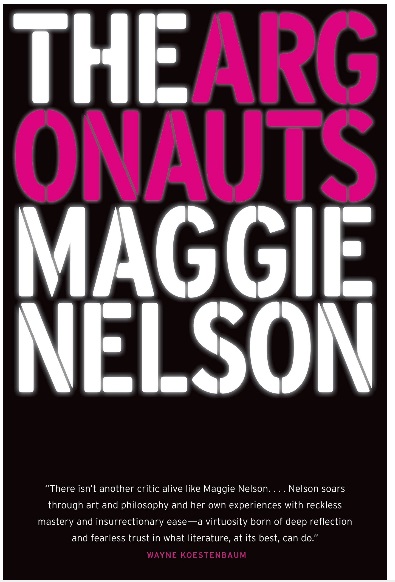
The Argonauts by Maggie Nelson
An intrepid voyage out to the frontiers of the latest thinking about love, language, and family
Maggie Nelson’s The Argonauts is a genre-bending memoir, a work of “autotheory” offering fresh, fierce, and timely thinking about desire, identity, and the limitations and possibilities of love and language. At its center is a romance: the story of the author’s relationship with the artist Harry Dodge. This story, which includes Nelson’s account of falling in love with Dodge, who is fluidly gendered, as well as her journey to and through a pregnancy, offers a firsthand account of the complexities and joys of (queer) family-making.
Writing in the spirit of public intellectuals such as Susan Sontag and Roland Barthes, Nelson binds her personal experience to a rigorous exploration of what iconic theorists have said about sexuality, gender, and the vexed institutions of marriage and child-rearing. Nelson’s insistence on radical individual freedom and the value of care-taking becomes the rallying cry of this thoughtful, unabashed, uncompromising book.
Publisher Information
- Hardcover: 160 pages
- Publisher: Graywolf Press (May 5, 2015)
- Language: English
- ISBN-13: 978-1555977078
 Poet, scholar, and nonfiction writer Maggie Nelson earned a PhD in English literature at the Graduate Center of the City University of New York. Her work is often described as genre crossing or hybrid; she has noted her interest in poet Eileen Myles’s idea of “vernacular scholarship,” adding, “I need to talk back, or talk with, theorists and philosophers in ordinary language, to dramatize how much their ideas matter to me in my everyday life.” Nelson’s book Bluets (2009) is perhaps her most well-known work mix of scholarship and poetry. Her other collections of poetry include Something Bright, Then Holes(2007), Jane: A Murder (2005), The Latest Winter (2003), and Shiner (2001), which was a finalist for a Norma Farber First Book Award. She is the author of an account of sexual violence and the media, The Red Parts: A Memoir (2007), and a critical work on the New York School poets, Women, the New York School, and Other True Abstractions (2007), which won a Susanne M. Glassock Award for Interdisciplinary Scholarship. Her critical study of aesthetics and cruelty, The Art of Cruelty: A Reckoning (2011), was named a New York Times Notable Book of the Year.
Poet, scholar, and nonfiction writer Maggie Nelson earned a PhD in English literature at the Graduate Center of the City University of New York. Her work is often described as genre crossing or hybrid; she has noted her interest in poet Eileen Myles’s idea of “vernacular scholarship,” adding, “I need to talk back, or talk with, theorists and philosophers in ordinary language, to dramatize how much their ideas matter to me in my everyday life.” Nelson’s book Bluets (2009) is perhaps her most well-known work mix of scholarship and poetry. Her other collections of poetry include Something Bright, Then Holes(2007), Jane: A Murder (2005), The Latest Winter (2003), and Shiner (2001), which was a finalist for a Norma Farber First Book Award. She is the author of an account of sexual violence and the media, The Red Parts: A Memoir (2007), and a critical work on the New York School poets, Women, the New York School, and Other True Abstractions (2007), which won a Susanne M. Glassock Award for Interdisciplinary Scholarship. Her critical study of aesthetics and cruelty, The Art of Cruelty: A Reckoning (2011), was named a New York Times Notable Book of the Year.

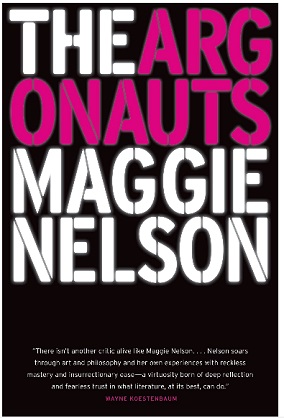
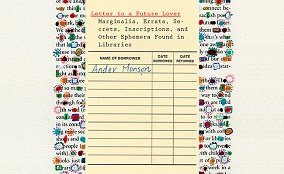
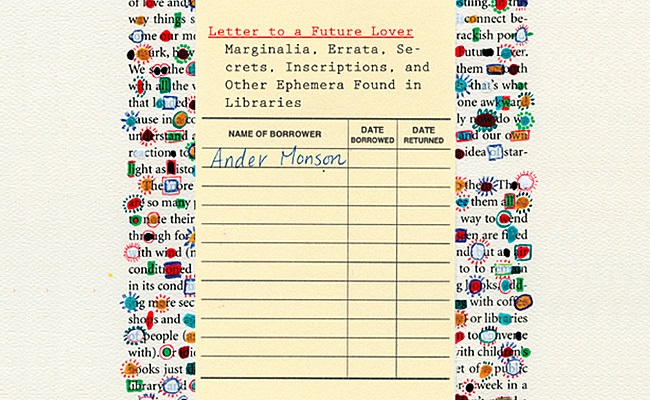
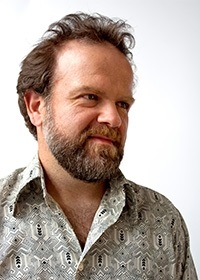 Ander Monson edits the magazine DIAGRAM and the New Michigan Press. He is the author of Vanishing Point: Not a Memoir (Graywolf Press, 2010), which was a finalist for the National Book Critics Circle Award in criticism; The Available World (Sarabande, 2010); Neck Deep and Other Predicaments: Essays (Graywolf Press, February 2007); Other Electricities (a sort-of novel, Sarabande Books, 2005); and Vacationland (poems, Tupelo Press, 2005). He lives in Tucson and teaches at the University of Arizona.
Ander Monson edits the magazine DIAGRAM and the New Michigan Press. He is the author of Vanishing Point: Not a Memoir (Graywolf Press, 2010), which was a finalist for the National Book Critics Circle Award in criticism; The Available World (Sarabande, 2010); Neck Deep and Other Predicaments: Essays (Graywolf Press, February 2007); Other Electricities (a sort-of novel, Sarabande Books, 2005); and Vacationland (poems, Tupelo Press, 2005). He lives in Tucson and teaches at the University of Arizona.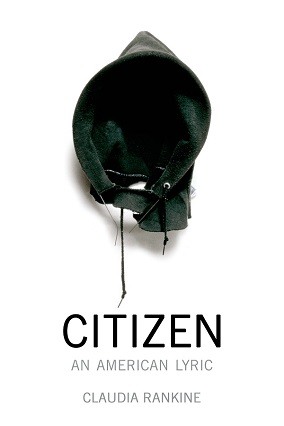
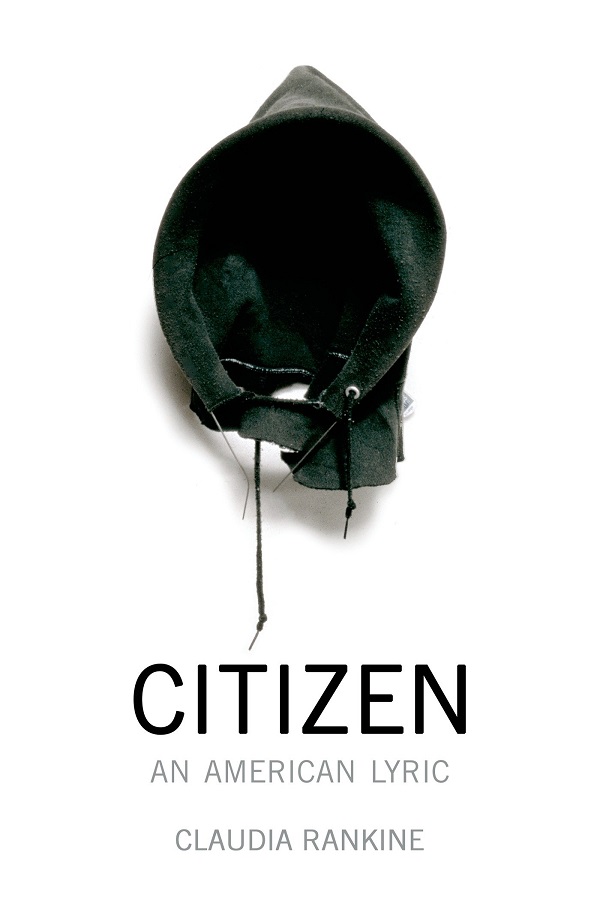
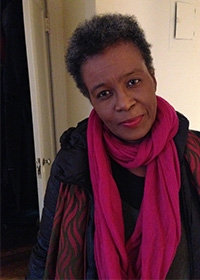 Claudia Rankine was born in Jamaica in 1963. She earned her B.A. in English from Williams College and her M.F.A. in poetry from Columbia University.She is the author of four collections of poetry, including Don’t Let Me Be Lonely (Graywolf, 2004); PLOT (2001); The End of the Alphabet (1998); and Nothing in Nature is Private (1995), which received the Cleveland State Poetry Prize.Rankine has edited numerous anthologies including American Women Poets in the Twenty-First Century: Where Lyric Meets Language (Wesleyan, 2002) and American Poets in the Twenty-First Century: The New Poetics (2007). Her plays include “Provenance of Beauty: A South Bronx Travelogue”, commissioned by the Foundry Theatre and Existing Conditions, co-authored with Casey Llewellyn. She has also produced a number of videos in collaboration with John Lucas, including “Situation One.”
Claudia Rankine was born in Jamaica in 1963. She earned her B.A. in English from Williams College and her M.F.A. in poetry from Columbia University.She is the author of four collections of poetry, including Don’t Let Me Be Lonely (Graywolf, 2004); PLOT (2001); The End of the Alphabet (1998); and Nothing in Nature is Private (1995), which received the Cleveland State Poetry Prize.Rankine has edited numerous anthologies including American Women Poets in the Twenty-First Century: Where Lyric Meets Language (Wesleyan, 2002) and American Poets in the Twenty-First Century: The New Poetics (2007). Her plays include “Provenance of Beauty: A South Bronx Travelogue”, commissioned by the Foundry Theatre and Existing Conditions, co-authored with Casey Llewellyn. She has also produced a number of videos in collaboration with John Lucas, including “Situation One.”